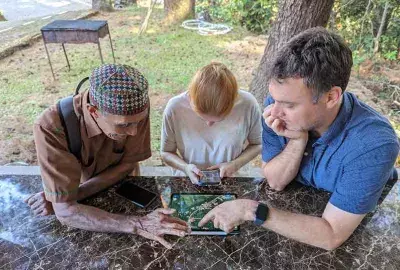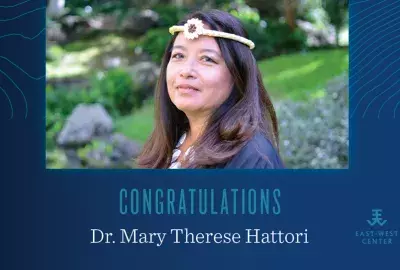Error message
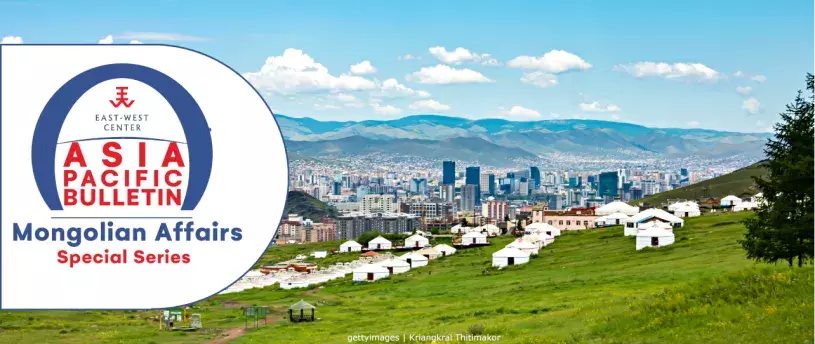
OFFICE/DEPARTMENT
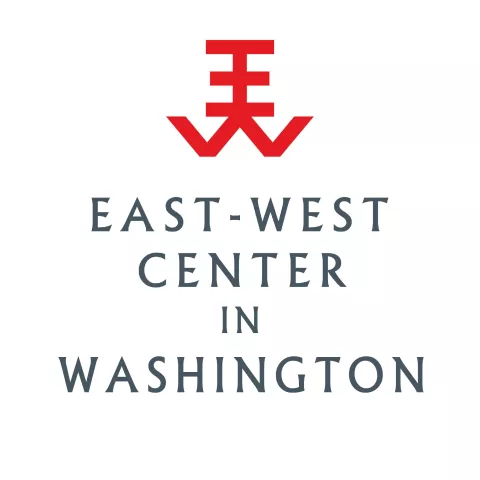
| To mark the start of the 8th International Conference of the Ulaanbaatar Dialogue on Northeast Asian Security, The East West Center in Washington has brought together an eminent group of scholars and experts on Mongolian Affairs. This special series touches upon US-Mongolian relations, the importance of the Ulaanbaatar Dialogue, and other pertinent economic and social issues. |
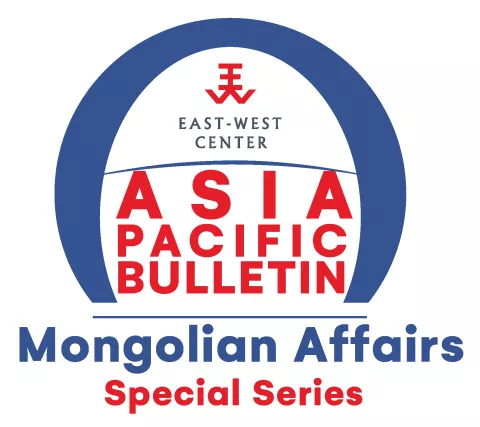
A Mongolian Perspective of the US Indo-Pacific Strategy
Mr. Tsogtgerel Nyamtseren & Dr. Mendee Jargalsaikhan, respectively a Research Fellow and the Dean of Research at the Institute for Strategic Studies of Mongolia, explore the questions of "why Mongolia’s importance has waned in the overall Free and Open Indo-Pacific (FOIP) strategies and if there is any room for Mongolia to collaborate with FOIP countries."
US-Mongolia Relations: Standing Strong as Third Neighbors
Michael Klecheski, a retired US Department of State Foreign Service Officer who previously served as the US Ambassador to Mongolia, a Director at the National Security Council, and held posts at US embassies in Russia and the Philippines, explains that "the current strength of US-Mongolia ties is of prime importance" as "growing Sino-Russian rapprochement raises new concerns about Mongolia’s ability to continue its balancing role with those two countries."
How the Ulaanbaatar Dialogue on Northeast Asian Security Serves as a Conflict Resolution Platform
Bolor Lkhaajav, Researcher specializing in Mongolia and Northeast Asia at The Diplomat and Founder of MONUS.Ed mentorship program, explains that "Mongolia’s geostrategic position, coupled with its democratic institutions and non-nuclear-weapons (NNW), status makes Ulaanbaatar a stable actor uniquely positioned to advance regional conflict resolution mechanisms."
Resource Management in Mongolia: Missed Opportunities and Future Prospects
Richard Pomfret, Senior Adjunct Professor in International Economics at the Johns Hopkins University and Professor of Economics Emeritus at the University of Adelaide, explains that while Mongolia is successfully balancing the influences of Russia and China, "the country has been less successful in exploiting its mineral resources and its location in the Eurasian transport network."
Progress on Women’s Economic Empowerment in Mongolia
Tsolmontuya Altankhundaga, Project Manager of The Asia Foundation Mongolia's women's economic empowerment programs, explains that "In Mongolia, significant strides have been made in advancing the status of women in various sectors of the economy as well as in government and civil society more broadly."

| To mark the start of the 8th International Conference of the Ulaanbaatar Dialogue on Northeast Asian Security, The East West Center in Washington has brought together an eminent group of scholars and experts on Mongolian Affairs. This special series touches upon US-Mongolian relations, the importance of the Ulaanbaatar Dialogue, and other pertinent economic and social issues. |

A Mongolian Perspective of the US Indo-Pacific Strategy
Mr. Tsogtgerel Nyamtseren & Dr. Mendee Jargalsaikhan, respectively a Research Fellow and the Dean of Research at the Institute for Strategic Studies of Mongolia, explore the questions of "why Mongolia’s importance has waned in the overall Free and Open Indo-Pacific (FOIP) strategies and if there is any room for Mongolia to collaborate with FOIP countries."
US-Mongolia Relations: Standing Strong as Third Neighbors
Michael Klecheski, a retired US Department of State Foreign Service Officer who previously served as the US Ambassador to Mongolia, a Director at the National Security Council, and held posts at US embassies in Russia and the Philippines, explains that "the current strength of US-Mongolia ties is of prime importance" as "growing Sino-Russian rapprochement raises new concerns about Mongolia’s ability to continue its balancing role with those two countries."
How the Ulaanbaatar Dialogue on Northeast Asian Security Serves as a Conflict Resolution Platform
Bolor Lkhaajav, Researcher specializing in Mongolia and Northeast Asia at The Diplomat and Founder of MONUS.Ed mentorship program, explains that "Mongolia’s geostrategic position, coupled with its democratic institutions and non-nuclear-weapons (NNW), status makes Ulaanbaatar a stable actor uniquely positioned to advance regional conflict resolution mechanisms."
Resource Management in Mongolia: Missed Opportunities and Future Prospects
Richard Pomfret, Senior Adjunct Professor in International Economics at the Johns Hopkins University and Professor of Economics Emeritus at the University of Adelaide, explains that while Mongolia is successfully balancing the influences of Russia and China, "the country has been less successful in exploiting its mineral resources and its location in the Eurasian transport network."
Progress on Women’s Economic Empowerment in Mongolia
Tsolmontuya Altankhundaga, Project Manager of The Asia Foundation Mongolia's women's economic empowerment programs, explains that "In Mongolia, significant strides have been made in advancing the status of women in various sectors of the economy as well as in government and civil society more broadly."





